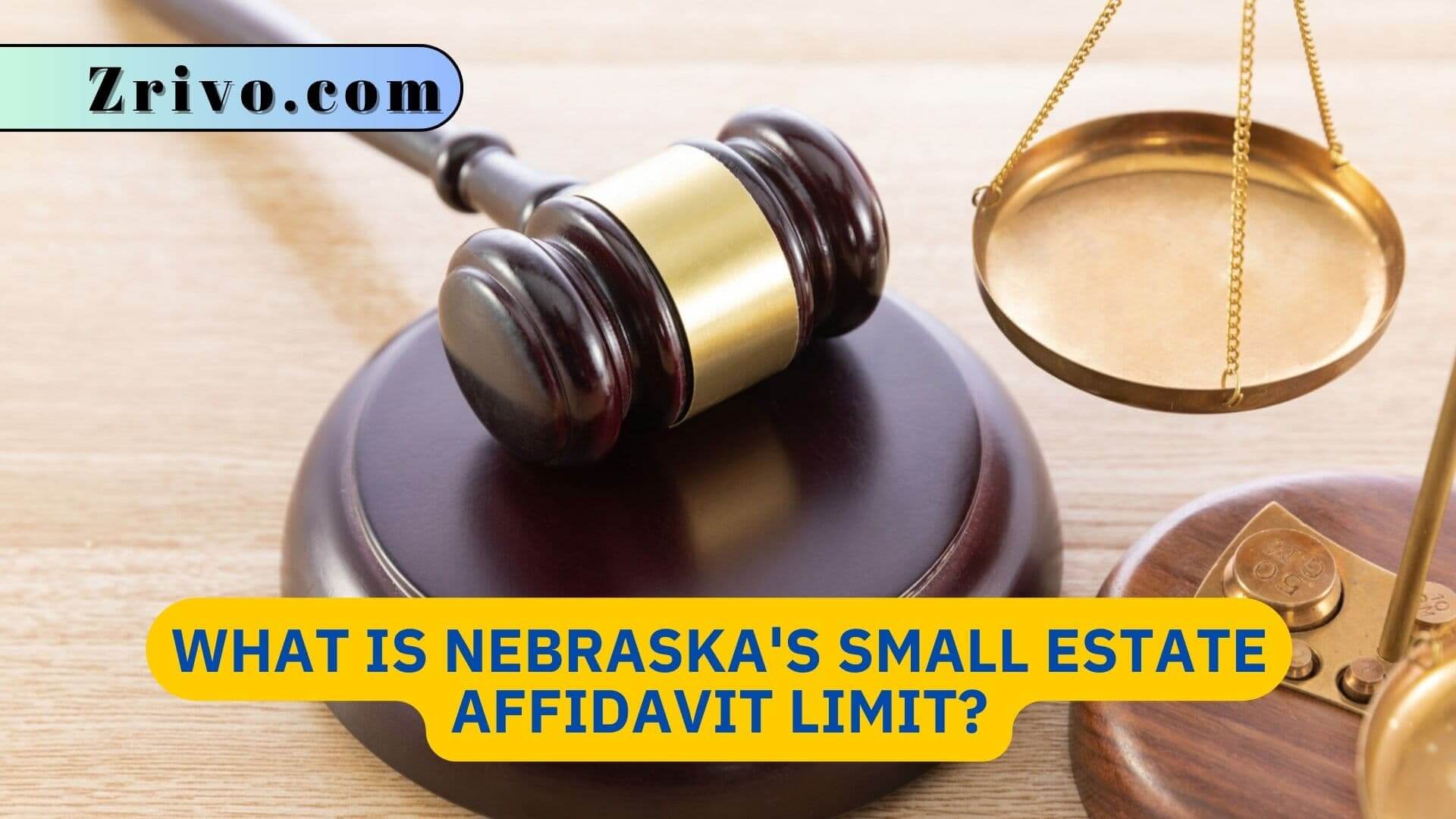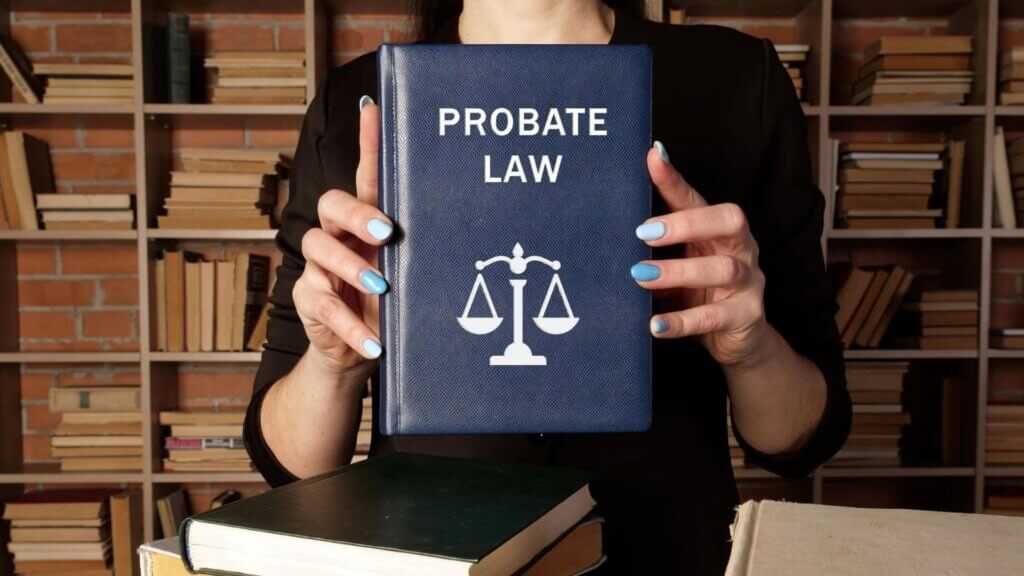
In Nebraska, successors may file either an affidavit of heirship or Nebraska small estate affidavit to claim a deceased person’s property. The value of the property must not exceed $50,000, and the affidavit must be submitted to the appropriate court or government office. If a deceased person’s estate is worth less than a certain amount, it may qualify for a simplified process to avoid probate. This process involves the use of a Nebraska Small Estate Affidavit, which must be filed with the court in the county where the deceased person lived. It must include an itemized list of the estate’s assets, as well as proof of death. The affidavit must also be signed in the presence of a notary.
Only people who have a legal right to claim the estate’s personal property can complete a small estate affidavit. These individuals include the executor named in a will or legal heirs if there is no will. It is important to consult with a lawyer or review your state’s laws before filing the affidavit. In addition, some states require that the affidavit be notarized. This is because financial institutions are required to validate the affidavit before releasing any funds. This helps protect them from liability.

How Do You Avoid Probate in Nebraska?
Probate is the process by which a deceased person’s estate is transferred to their heirs. It can be a lengthy, expensive process, and there are many different ways to avoid it. One way is to use a small estate affidavit in Nebraska, which allows heirs to claim the property of a deceased person without going through probate court proceedings. Another way to avoid probate is to set up a living trust, which will transfer the property to beneficiaries upon your death. Finally, you can also avoid probate by adding a payable-on-death beneficiary designation to your bank accounts.
If you are attempting to bypass probate, be sure to stay organized and follow the appropriate timelines. It can be easy to miss deadlines when dealing with government forms, and mistakes may delay the settlement of your estate. It’s also a good idea to consult an experienced estate planning attorney. This will help you get the most out of your estate and avoid any unnecessary fees.